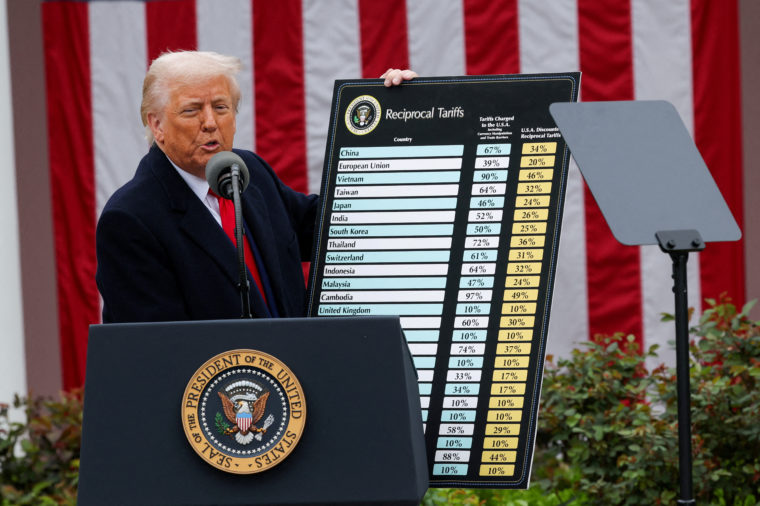Nigeria’s telecom sector appears to have sidestepped the immediate blow of the 14% tariff imposed by former U.S. President Donald Trump on Nigerian exports—but operators warn that the fallout might still catch up with them in other ways.
According to Tony Emoekpere, President of the Association of Telecommunication Companies of Nigeria (ATCON), the impact is minimal because telecoms aren’t exporting—they’re importing. “Everything is sourced from abroad. The policy doesn’t hit us directly,” he explained. The industry relies heavily on equipment and infrastructure from China, Europe, and the U.S., making it largely immune to export-based policies.
But experts say that’s only half the story.
Gbenga Adebayo, Chairman of the Association of Licensed Telecommunications Operators of Nigeria (ALTON), notes that while hardware exports aren’t a concern, indirect effects like changes in international call rates due to VAT adjustments in the U.S. could alter pricing dynamics locally. “If the VAT on international calls rises, our operators may have to adjust call rates,” he said.
Beyond this, economic ripples from reduced U.S. demand for Nigerian non-oil exports—which stood at ₦1.6 billion in Q3 2024—could weaken foreign exchange earnings, further strain forex reserves, and devalue the naira. This would hike the cost of importing telecom equipment, already priced in foreign currencies.
The weakened naira and inflationary pressure are partly why telecom firms recently introduced a 50% hike in service tariffs. That move, while necessary to sustain service delivery and encourage infrastructure investment, hasn’t gone down well with consumers—many of whom still grapple with poor network quality and spotty service.
If the broader economy worsens, households may reprioritize spending, putting telecom services lower on the list. This would reduce revenue for operators and hamper their ability to reinvest in infrastructure, ultimately affecting service quality.
In a price-sensitive market like Nigeria, telecoms now face the tightrope challenge of keeping costs manageable while upgrading networks and retaining customers. Even though the Trump-era tariff targets non-oil goods, its domino effect could still corner the telecom sector unless proactive economic and policy buffers are put in place.
The good news? The Nigerian government has shown interest in negotiating trade terms with the U.S., potentially easing some of the long-term pressure on industries like telecoms that thrive on imports.














